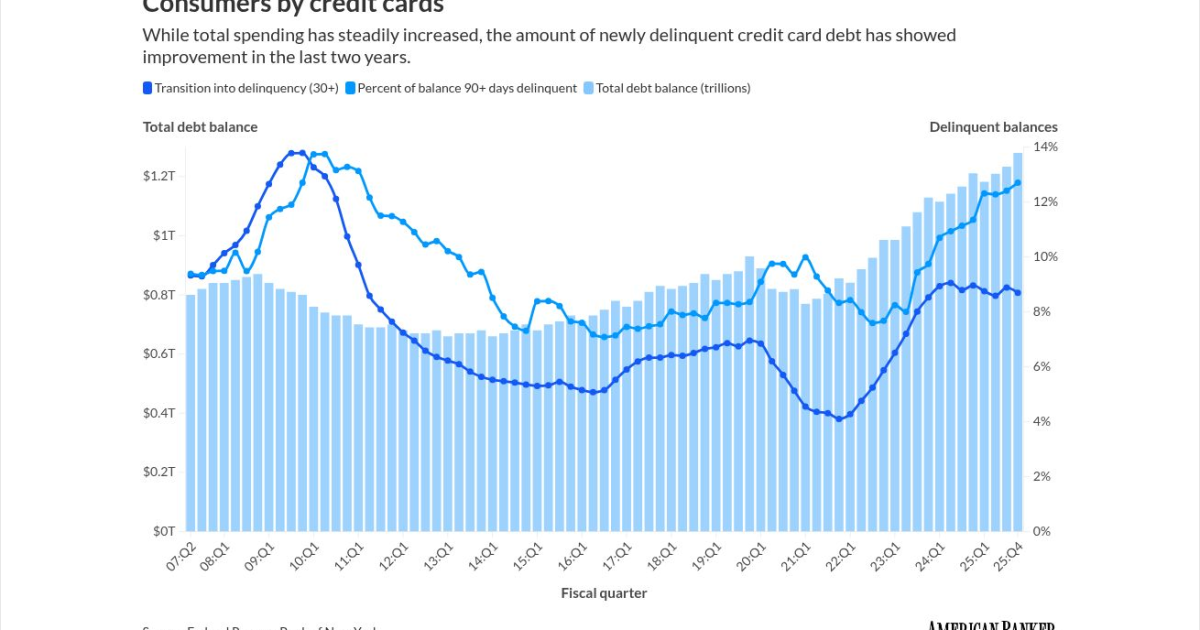Why Financial Education Matters: The Editor’s Digest
The importance of financial education has been a topic of discussion for a while now. Adults often express their wish for financial matters to have been part of their school curriculum – a sentiment that is now being echoed by children. The good news is that, in England, financial education will soon be mandatory in all schools, starting from the tender age of five.
As reported by Financial Times, the recent curriculum overhaul announced this week indicates that the demand for financial education was the top request from both parents and children. This unanimous agreement is a rare instance of inter-generational alignment.
The Need for Financial Literacy Now More Than Ever
In the face of the ongoing cost of living crisis, skills like budgeting and avoiding debt have become increasingly crucial. The digitalization of the financial world has not just made transactions frictionless, but also brought about potential dangers that parents fear their children may fall prey to. A startling statistic reveals that almost half of 8 to 17-year-olds have fallen victim to online scams.
The rise of ‘finfluencers’ promoting cryptocurrencies on social platforms and the advent of ChatGPT as a financial advice tool, necessitates that young adults be equipped with the skills to safely navigate this new, unregulated digital world. More than ever, there’s a need to provide financial education to the younger generation.
Benefits for the Economy
Adding financial education to the school curriculum has potential benefits for the UK economy as well. A more financially literate generation would mean more adept consumers, workers, and entrepreneurs. Considering that half of the UK’s working-age population has numeracy skills equivalent to primary school children, it’s not surprising that more than half of small business owners struggle with cash flow management and nearly a quarter fail to save enough for tax payments.
Implementation Challenges and Solutions
While deciding to educate children about money is a step in the right direction, the challenge lies in its implementation. There is a need for additional funding and training resources. Moreover, just like most UK adults, teachers too often lack the confidence and skills to teach financial matters. If we believe that financial literacy is worth investing in, we must start by investing in our teachers.
Thankfully, the desire to provide financial education is not new. Several charities, some funded by UK banks, are already working in this area. They are not only delivering direct tuition and workshops in schools but also providing teacher training and a plethora of resources. The FT’s Financial Literacy and Inclusion Campaign has even developed a personal finance curriculum which is already being used in over 800 UK schools.
Learning From Success Stories
The Department for Education can learn from these successful initiatives and scale them up for wider implementation. Experience has shown that even the most disinterested students become engaged when money lessons are related to real-life experiences. Using real-life examples that resonate with students can be a game-changer in ensuring quality financial education is delivered in every school, for every child.
Measuring Success
As a nation, the UK should also consider participating in the OECD Pisa financial literacy scoring system, which measures the financial knowledge of 15-year-olds across the world. This could serve as a benchmark against which future progress can be measured. After all, the price of financial ignorance is high, and setting children up for financial success is an economic gift that will keep on giving.
To read more about this initiative and the broader Financial Literacy and Inclusion Campaign, visit the source here.






